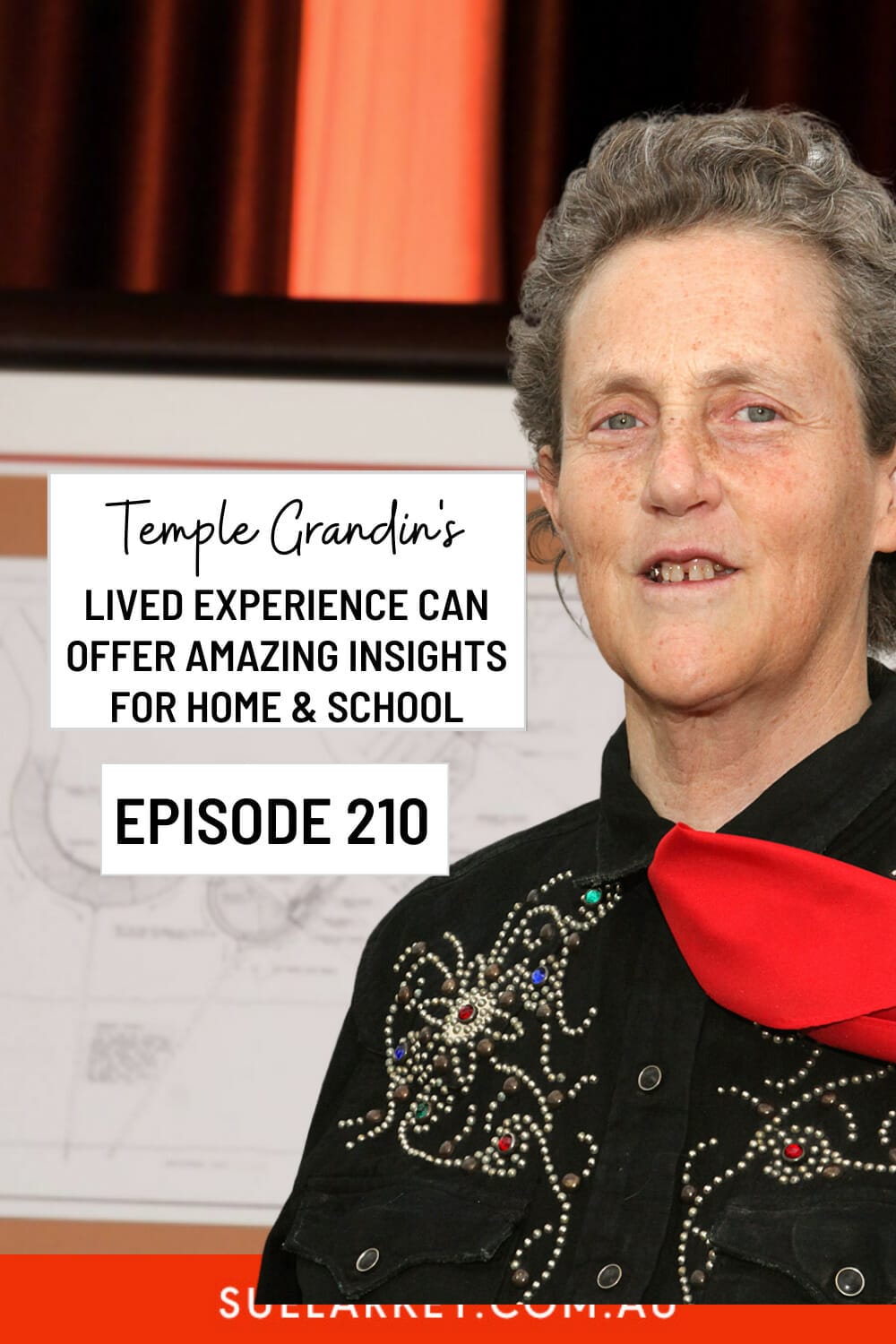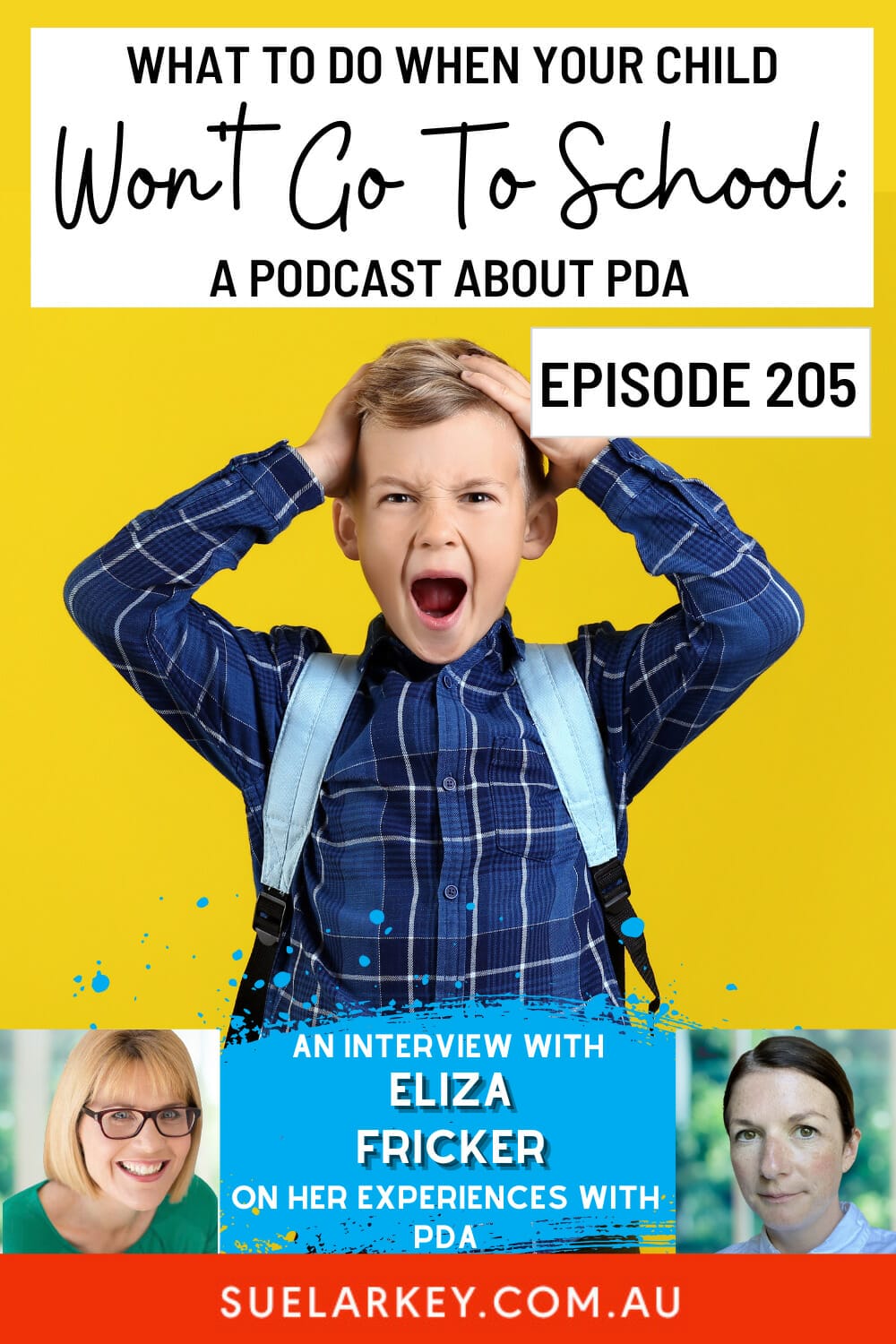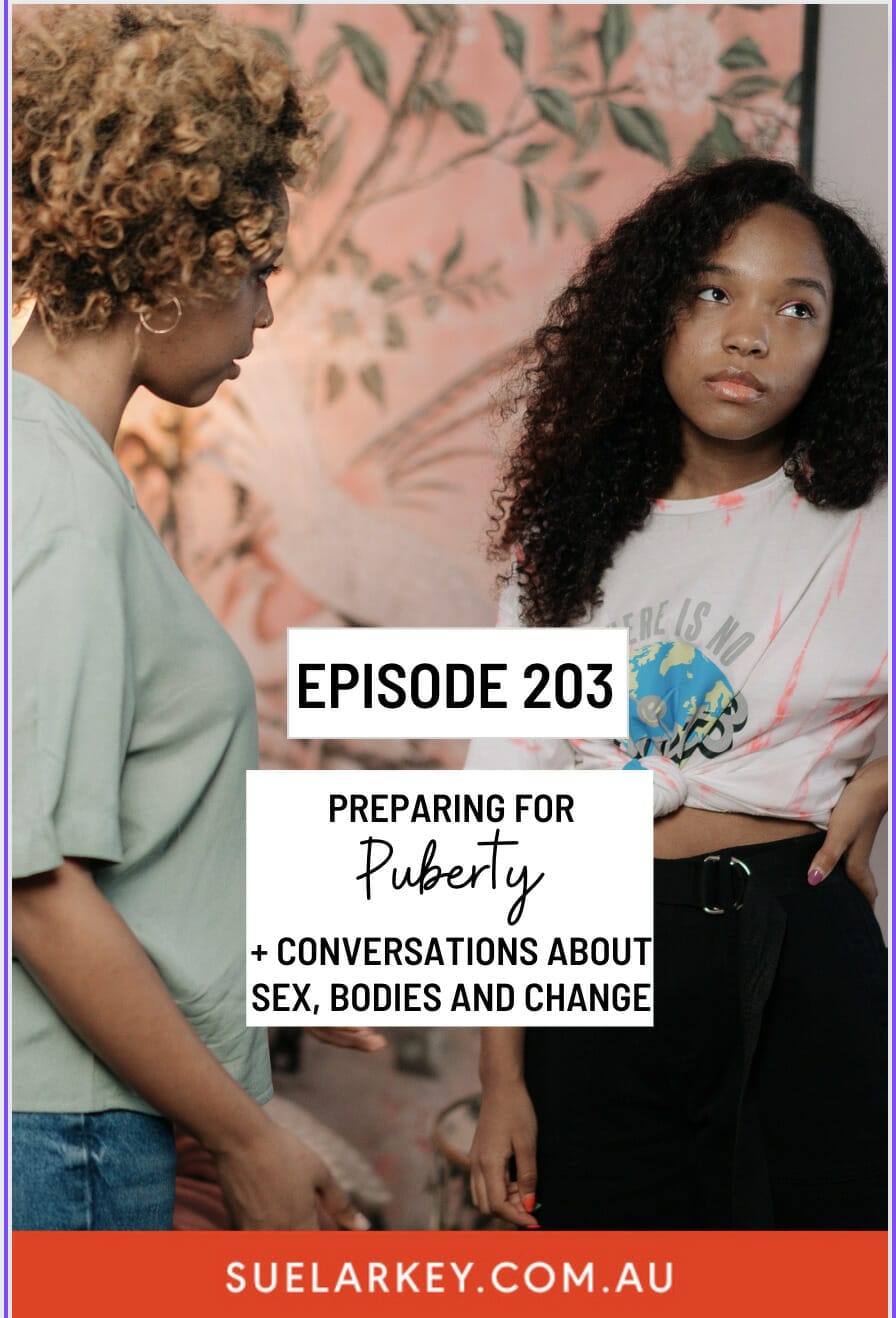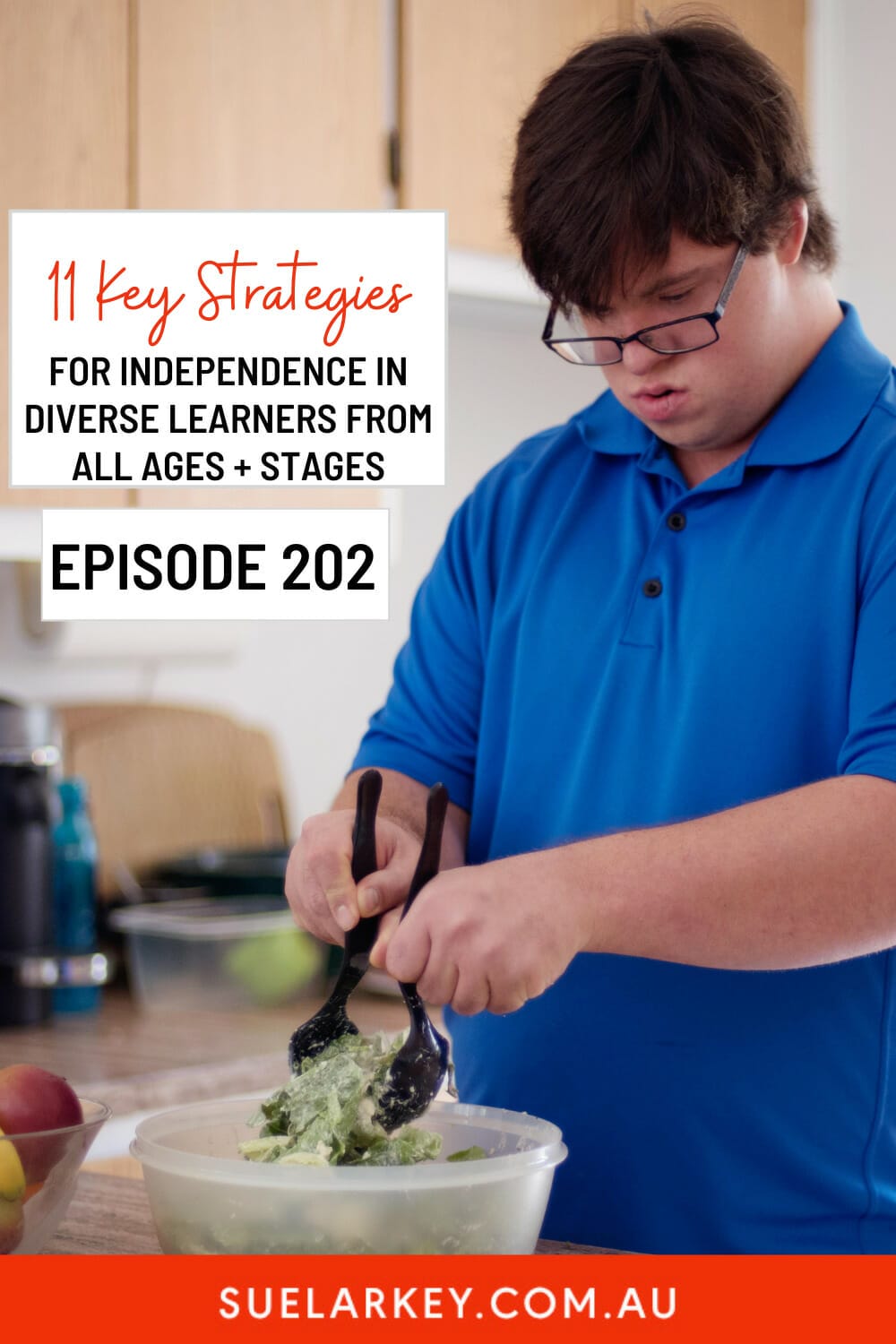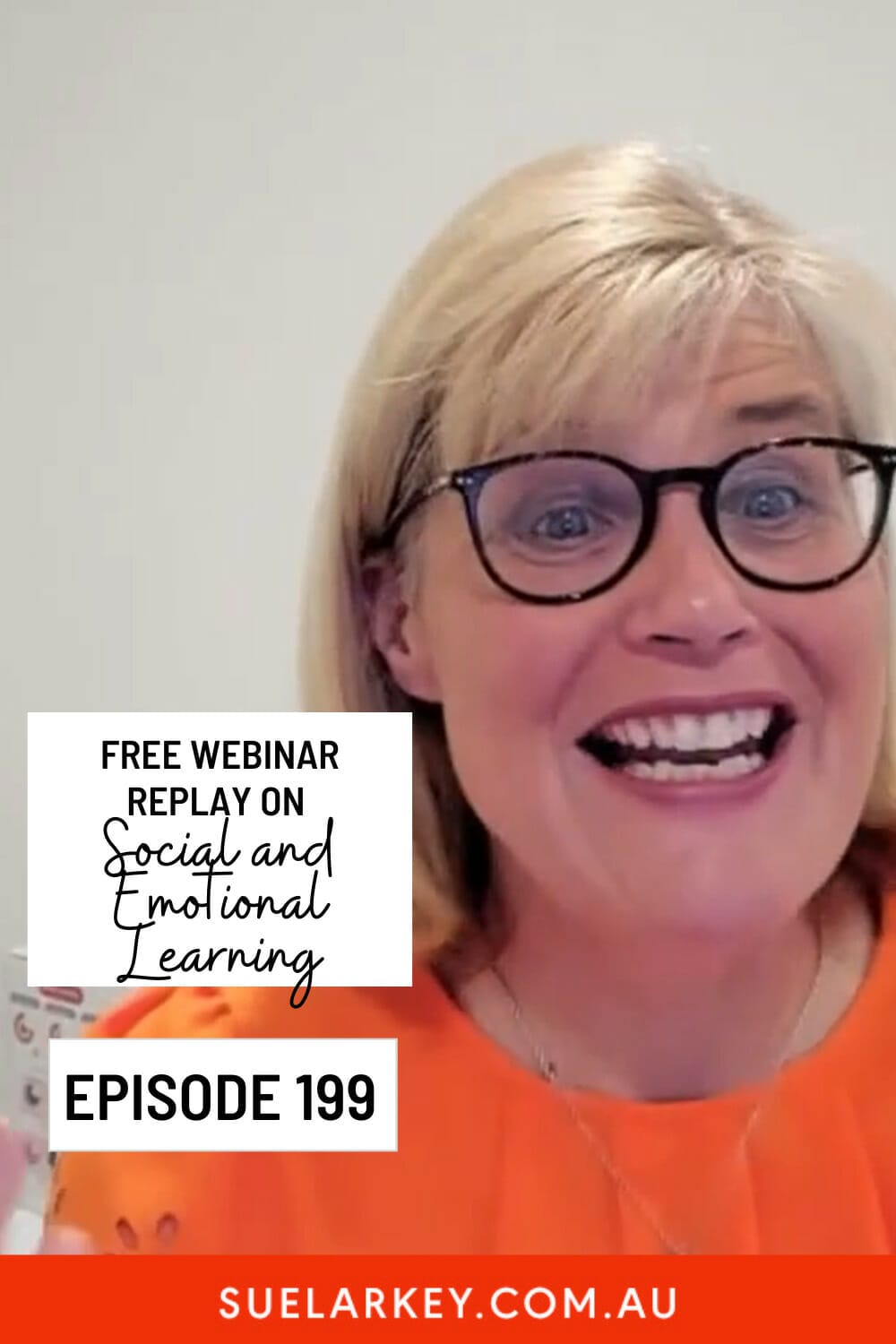Sue Larkey Blog
Helping you “Make a Difference”

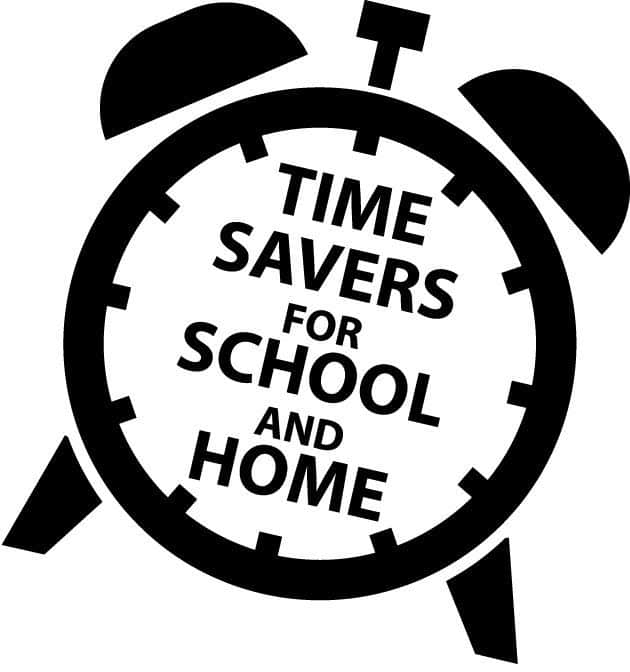
Tips, Strategies, Time Savers and Inspiration to help make difference for a child with an ASD in your class, home or community.
Episode 210: How Temple Grandin’s Lived Experience Can Offer Amazing Insights for Home and School
STRATEGIES AND INSIGHTS TO INFORM YOUR TEACHING PRACTICE WITH TEMPLE GRANDIN AND SUE LARKEY Autism Lived Experience Insights Subscribe to this podcast via your favourite app Join my newsletter for more awesome information about ASDDon't forget this free training Webinar is the first lesson in my Temple Grandin and Sue Larkey Course! Lesson 1: Knowing How and When to Extend Your Students on the Spectrum (Stretching) – 40 Minutes You Will Learn: Guide to Manage Anxiety and Behaviour when Extending your Students’ Abilities Key Methods to Extend using ‘real’ choices Critical Importance of Exposing Students to a Range of New Activities Strategies to use when your Students say ‘No’ to trying New Things Insights on How Long to Persist with New Activities Key Steps to Teaching Persistence Strategies to Teach Students the Importance of Making Mistakes This FREE Ebook and Webinar are focused on Teaching Students with Autism Spectrum - Strategies & Insights to Inform your...
Episode 209: Meltdown Management: How to prevent and de-escalate meltdowns (ASD, PDA, ODD, ADHD)
meltdown management: How to prevent and de-escalate meltdowns (asd, pda, odd, adhd) Subscribe to this podcast via your favourite app Join my newsletter for more awesome information about ASD✅ Understanding meltdowns and their different phases ✅Strategies to create calm and manage anxiety ✅ The importance of giving children silence and space: to process, self-regulate and de-escalate ✅Why “No” can cause a meltdown and what to say instead ✅Why I treat meltdowns like seizures ✅ What to do after a meltdown and how to put preventative strategies in place We hate Spam was well. You can unsubscribe at anytime.Recognising and managing meltdowns / shutdowns is vital to support people with an ASD. Every child with an ASD will experience very individual symptoms that are unique to them. Not all individuals with an ASD will experience a "meltdown" and instead may "shut down". It is very important you are familiar with each child’s triggers and responses. Use the student profile on page 31 of...
Episode 208: What Role do Sensory Solutions have in De-escalating Behaviour & Increasing Participation?
What role do sensory solutions have in de-Escalating behaviour & Increasing participation? Learn why Sensory is the Key to Engagement Today! Sensory strategies for classrooms Join me on 2nd August for Free Webinar! REGISTER BELOW (TOPIC - The Often Overlooked Causes of Behaviour in Your Classroom (Sensory)) Discussed in this Episode: ✅ Simple Classroom Adaptations That Make a Huge Difference to students and YOU ✅ Do you know what to look for to Recognise SPD? ✅ Busy Classroom Teacher Strategies to help Students Self Regulate ✅ 8 Warning Signs of Slow Processing Speed – Plus What Simple Modifications & Strategies to Help ✅ Why Do They Do That? 12 Common Behaviours Explained & Strategies to Try ✅ 3 BIG Barriers to Participation Every Educator needs to Rule Out ✅ Heaps of Resources and Sensory Tools ✅Understand why Sensory is the Key to Engagement!Free E-Book with over 100 Tips & Strategies Teaching in a busy and complex classroom can be very difficult,...
Episode 207: The New Red Beast Workbook that is Gamechanger for Anger Management in Children
The New Red Beast Workbook that is Gamechanger for Anger Management in Children (Inclusive Resources for Autistic Children) Subscribe to this podcast via your favourite app Join my newsletter for more awesome information about ASDIn this podcast, I talk with Kay Al-Ghani all about her new book and we discuss:✅ Activities and exercises for self-awareness and self-control✅ The importance of a consistent program in teaching emotional regulation✅ Whole class activities on emotional regulation✅ How to individualise activities for unique children✅ How to use visuals✅ Importance of a positive environment✅ The Red Beast Picture Book is suitable for 5-9 years& The Red Beast Workbook 5-10 yearsNEW Workbook Out Now 8 Key Ways You Can Use the Red Beast Workshop to Help Children to Understand and Regulate Anger 1. Use Metaphors to Explain Anger: The concept of the "Red Beast" serves as a metaphor for anger, making it easier for children to understand and visualize their emotions. 2. Teach...
Episode 206: The Red Beast & Its Exciting and Inclusive Update
The red beast and its exciting and inclusive update Explore Inclusive resources for Autistic Children Today! Subscribe to this podcast via your favourite app Join my newsletter for more awesome information about ASD1. It is more inclusive – The original book was written for children with Asperger Syndrome, the new addition aims to reach most children on the Autism Spectrum.We know that the idea of a Red Beast is usually understood by children with Asperger’s, however, other children with Autism may take the metaphor quite literally and become distressed at the thought of a real beast inside of them. The addition of the sentence “Let’s imagine that... “ at the start of the story means you can discuss the idea that the beast is not real – it is imaginary, pretend or make believe.2. The new illustrations are more inclusive of typical children – so the child has a chance to see the behaviour of the angry boy in the playground from the perspective of their peers.Old VersionNew...
Episode 205: What to do when your child can’t go to school: Learning about PDA with Eliza Fricker
Learn about PDA. The podcast discusses PDA (Pathological Demand Avoidance) and its impact on individuals, particularly children. It emphasizes the importance of creating a suitable environment for individuals with PDA to thrive and highlights the positive qualities of individuals with PDA. Subscribe to this podcast via your favourite app Join my newsletter for more awesome information about ASD Join the facebook group specifically for this podcast - https://www.facebook.com/groups/suelarkeypodcastcommunity/ Discussed in this episode: ✅ The diagnosis that made Eliza realise why she had to parent differently ✅ Importance of consistency instead of planning for PDA ✅ Classroom strategies for PDA ✅ Focusing on Fun and meeting the child where they’re at ✅ Strategies of low-demand parenting ✅ About Eliza’s best selling book: Can’t Not Won’t Recognising Individual Progress: Understanding that every child's growth trajectory is different. Building Relationships: The significance of...
Episode 204: ONE Activity for EIGHT Key Skills: Using Cooking to Teach Children with Neurodiversity!
************************************** Join me for an upcoming Workshop: Sue Larkey Workshops Can't make these Workshop dates? Join me for a self-paced on-demand course: Sue Larkey On-Demand Workshops ************************************** Discussed in this episode ✅ Sequence, order and routine ✅ Writing skills like recipes and observations ✅ Why cooking for somebody else is important to teach ✅ Sensory desensitisation (you don’t have to do the eating for cooking to be worthwhile) ✅ Motor Skills ✅ The importance of “Backward chaining” ✅ Tips and tools to make it easier to start cooking Cooking can be used as a tool to teach various skills such as reading, comprehension, sequencing, and even math. Sensory Learning: Cooking can help children understand and navigate their sensory preferences, such as the sound of a frying pan or the feeling of cold items from the fridge. Math Skills: Cooking can be used to teach fractions, volume, and even problem-solving skills. For example,...
Episode 203: Preparing for Puberty: How and When to navigate conversations about sex, bodies and changes for neurodivergent children
Subscribe to this podcast via your favourite app Join my newsletter for more awesome information about ASD Join the facebook group specifically for this podcast - https://www.facebook.com/groups/suelarkeypodcastcommunity/ Navigate puberty discussions neurodivergent children. Navigate puberty discussions neurodivergent children. ✅ What age should you have conversations about puberty and sex? ✅ How to have open, honest and ongoing conversations about puberty ✅ Teaching children about changes in the opposite sex ✅ Keeping children safe online ✅ Hygiene is an important part too ✅ Talking to children about our bodies ✅ Top resources for talking about puberty and sex Puberty is part of natural development for all children. Puberty usually starts in girls around 10-11 and boys 11-12. Menstruation for girls typically occurs between 12 and 13, while voice changes for boys is often around 15. We ALL need to have on-going discussions with the child and this is where having both home and...
Episode 202: 11 Key Strategies to Build and Support Independence in every Age and Stage for Diverse Learners
11 Key Strategies to Build and Support Independence in every Age and Stage for Diverse Learners (Fostering Independence for Diverse Learners) Subscribe to this podcast via your favourite app Join my newsletter for more awesome information about ASDDiscussed in this podcast: ✅ Starting with the end in mind ✅ The 50/50 Learning & Behaviour Plan ✅ Modelling behaviour and demonstrating Plan B’s ✅ Encouraging independence with timers, visuals and schedules ✅ Using 3 Rs - rewards, repetition and routines HOW TO USE THE 50/50 PROGRAM You will need to use a combination of strategies and while at first it may feel like YOU are doing all the work as the student learns to work with what you provide, you will do less and less and eventually move to a 50/50 approach. This is where 50% of the strategies are by the adult and 50% by the student. Children on the spectrum need to be 'taught' to use a combination of strategies. I have seen many examples over the years where people put in...
Episode 201: The 5 Biggest Obstacles to Learning for Neurodiverse Students and How you can Support them to Overcome These
The 5 biggest obstacles to learning for neurodiverse students And how you can help students to overcome these Subscribe to this podcast via your favourite app Join my newsletter for more awesome information about ASDIncreasing engagement ➡️ SUCCESS! In this podcast I talk about how to increase engagement, including: ✅ How fear of failure can paralyse students ✅ Ideas to give students more direction in their work ✅ How to provide clear directions ✅ Importance of positive reinforcement ✅ Breaking down tasks into manageable chunks ✅ My top resources to learn more about engagement This year all my new workshops focus on engagement and participation to increase success for all. Join me for a Live Virtual Workshop or an Online Course - whichever learning style suits you best!Renowned psychologist Professor Skinner identified 5 main obstacles to learning: 1. Fear of failure Encourage independence (p34 Big Blue Book) Why making mistakes is frustrating (p36 Big Blue Book) 2. Lack of...
Episode 200: Webinar Replay Part 2 – Your Questions Answered about Social and Emotional Learning
Webinar replay Part 2- Questions answered about social emotional learning What You Will Learn in this Webinar Special needs social strategiesQuestions covered include: ✅ How to encourage non-verbal children to make social connections ✅ Managing the transition from special school to mainstream ✅ Secondary school and young adult social strategies ✅ Students refusing to sit next to others ✅ Managing emotions in the playground ✅ Strategies for Oppositional Defiance Disorder in the classroom ✅ Counteracting negative self-talk ✅ Special needs social strategies Click this Link to sign up for Neurodiversity Network https://elearning.suelarkey.com.au/neurodiversity-network/Sign up to Watch the Replay Social skills, connections, autism strategies-My Live Virtual Webinar last week was a success! But it’s not too late if you missed it – sign up to watch the Replay of the hour of power! Available for a limited time Sign Up Includes: ✅ All of the Above PLUS ✅ EBook with over 100...
Episode 199: Webinar Replay – How to Include Social Emotional Learning Programs for Neurodiverse Students in Busy, Complex Classrooms
Webinar replay - How to include social emotional learning programs for neurodiverse students in busy, complex classroomsThis podcast contains Effective Social Emotional Learning strategies What You Will Learn in this Webinar Social Emotional Learning strategies✅ What to Teach, How to Teach, When to Teach: Ideas and Strategies for teaching Social Emotional Learning (SEL) ✅ Improved Learning Outcomes: Two-thirds of students enhance their performance with the addition of an SEL program 🎉 SEL Secret: Discover the one thing about Social Emotional Learning wished to be known 20 years ago ✅ Key Teaching Methods: Apply four strategies to teach students how to cope with losing, missing out, or not getting what they want ✅ Practical Tips: Gain useful advice for implementing SEL in the classroom ✅ Effective Social Emotional Learning strategieswho is it forThe webinar is aimed at primary-aged educators, but everyone is welcome. Sign up to Watch the Replay -My Live Virtual Webinar...
